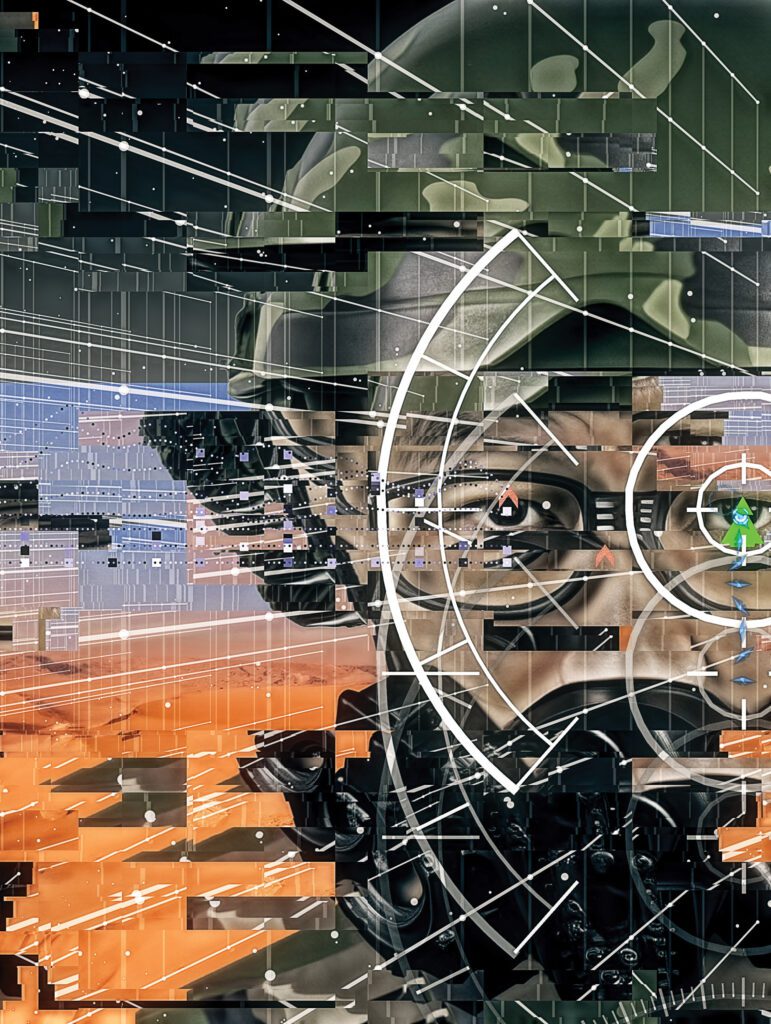In the midst of combat, soldiers face a unique and complex set of ethical challenges. Upholding human rights, making split-second decisions under extreme pressure, and adhering to ethical guidelines are just a few of the responsibilities that soldiers must navigate. The Just War Theory and the Law of Armed Conflict provide a framework for soldiers to uphold moral responsibility and ensure ethical conduct in combat. By understanding these principles and committing to upholding ethical standards, soldiers can navigate the challenges of combat with integrity and honor, even in the most difficult of circumstances. The moral responsibility of soldiers in combat is a daunting task but crucial for upholding ethical standards in the midst of chaos and adversity.
The Moral Responsibility of Soldiers: Navigating Ethical Challenges in Combat
Introduction
The role of a soldier in combat is one of admirable courage and sacrifice. They are often called upon to make split-second decisions in high-stress situations, where the line between right and wrong can become blurred. As such, soldiers face a unique set of ethical challenges in their line of duty. Navigating these challenges requires a keen understanding of moral responsibility and a commitment to upholding ethical standards, even in the midst of chaos and adversity.
Moral Responsibility in Combat
The moral responsibility of a soldier in combat extends beyond simply following orders. Soldiers are not only responsible for their own actions, but also for the well-being of their fellow soldiers, the civilians caught in the crossfire, and even their enemies. This broad scope of responsibility makes the ethical challenges faced by soldiers particularly complex.
Upholding Human Rights
One of the most significant ethical challenges faced by soldiers is the need to uphold human rights in the midst of combat. This includes protecting civilians from harm, ensuring the humane treatment of prisoners of war, and avoiding actions that could result in unnecessary suffering. Soldiers must navigate these challenges while also remaining effective in their mission.
Decision-Making Under Pressure
Another key ethical challenge for soldiers is the need to make difficult decisions under extreme pressure. In combat, split-second decisions can mean the difference between life and death. Soldiers must constantly weigh the ethical implications of their actions, even when facing imminent danger. This requires a high degree of moral fortitude and the ability to think critically in high-stress situations.
Ethical Guidelines for Soldiers
To navigate the ethical challenges of combat, soldiers are guided by a set of ethical principles that govern their behavior on the battlefield. These principles are designed to uphold moral responsibility and ensure that soldiers conduct themselves with integrity and honor, even in the midst of conflict.
The Just War Theory
The Just War Theory provides a framework for determining the ethical justifications for war and the conduct of soldiers in combat. According to this theory, a war must meet certain criteria, such as having a just cause and being fought with the intention of achieving a just peace. Soldiers are expected to adhere to the principles of the Just War Theory and conduct themselves in a manner that upholds these ethical standards.
The Law of Armed Conflict
The Law of Armed Conflict, also known as international humanitarian law, outlines the legal and ethical standards that govern the conduct of soldiers in combat. This includes the protection of civilians, the humane treatment of prisoners of war, and the prohibition of certain weapons and tactics. Soldiers are expected to familiarize themselves with these laws and adhere to them at all times.
Conclusion
The moral responsibility of soldiers in combat is a complex and challenging aspect of their duty. Navigating ethical challenges in the midst of chaos and adversity requires a deep commitment to upholding ethical standards and a keen understanding of moral responsibility. By adhering to ethical guidelines and principles, soldiers can navigate these challenges with integrity and honor, even in the most difficult of circumstances.
